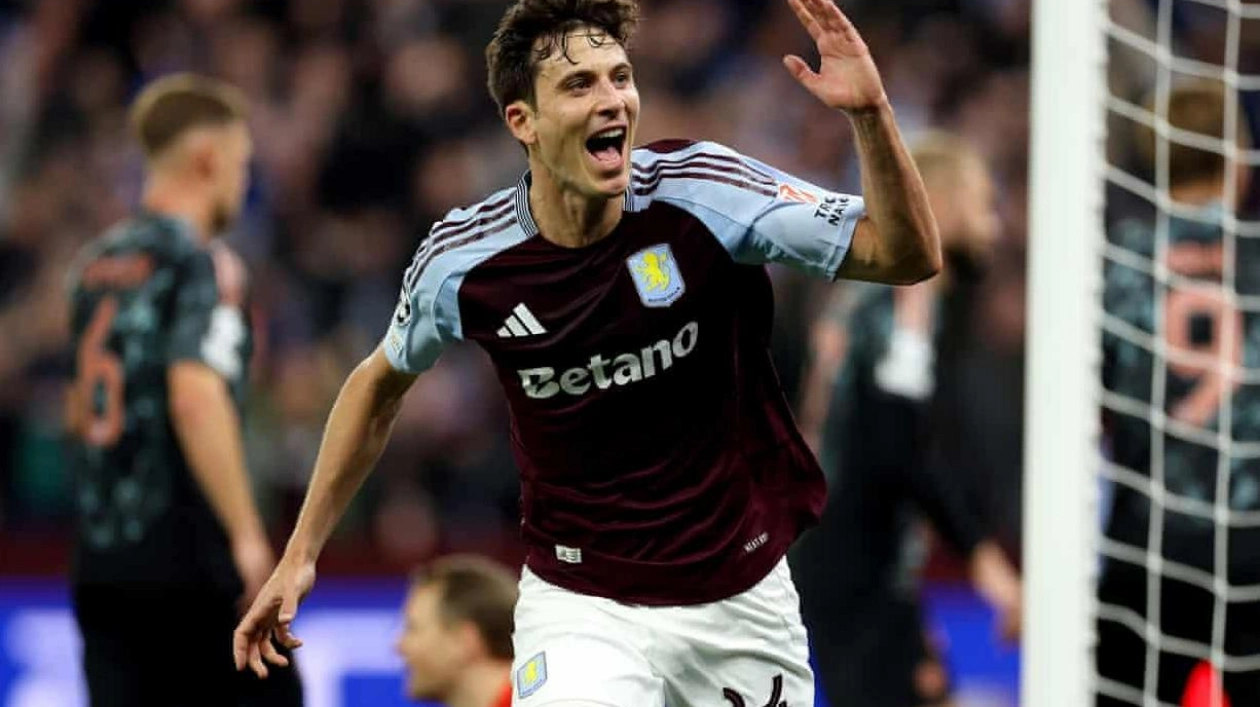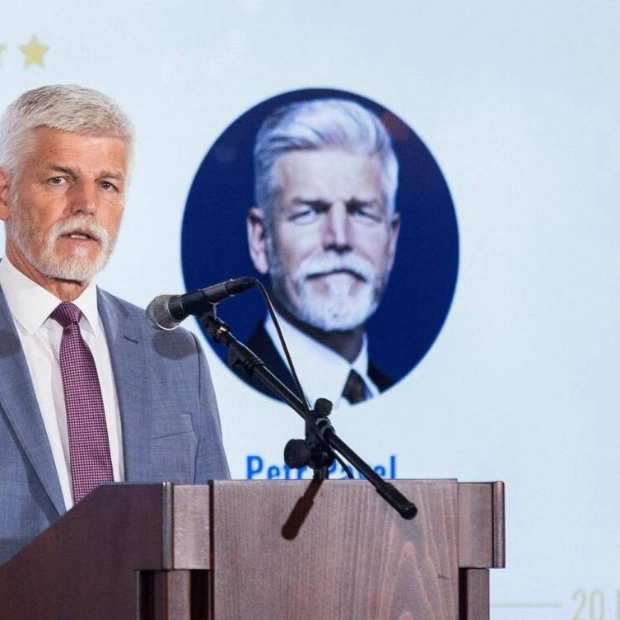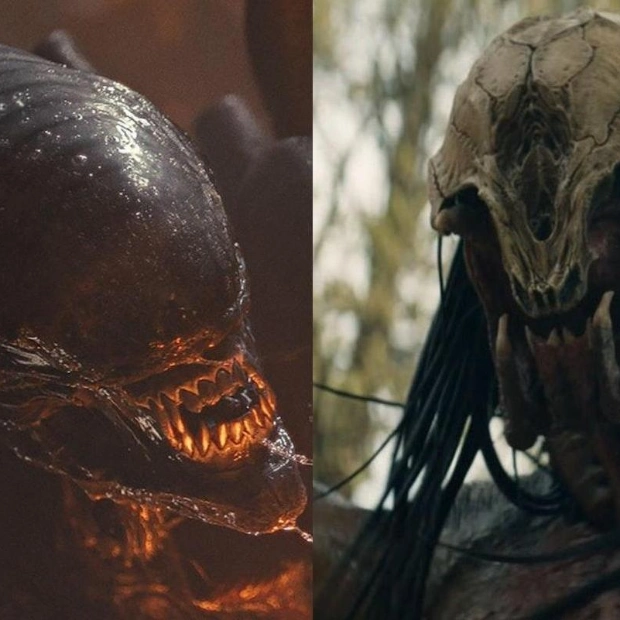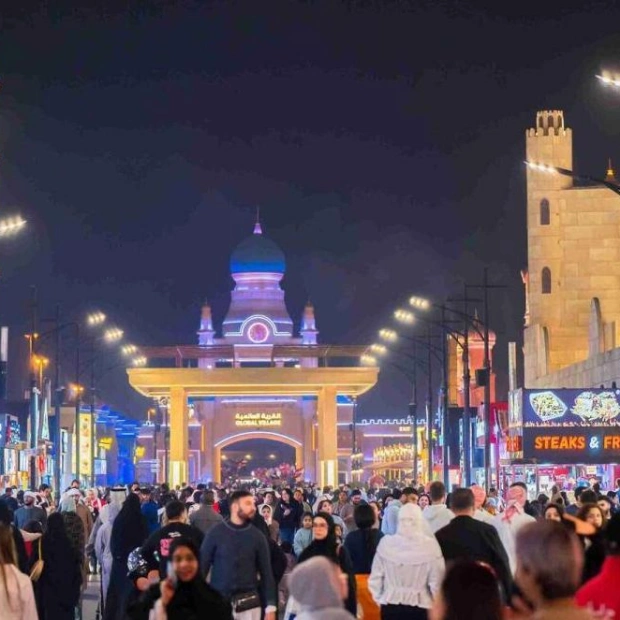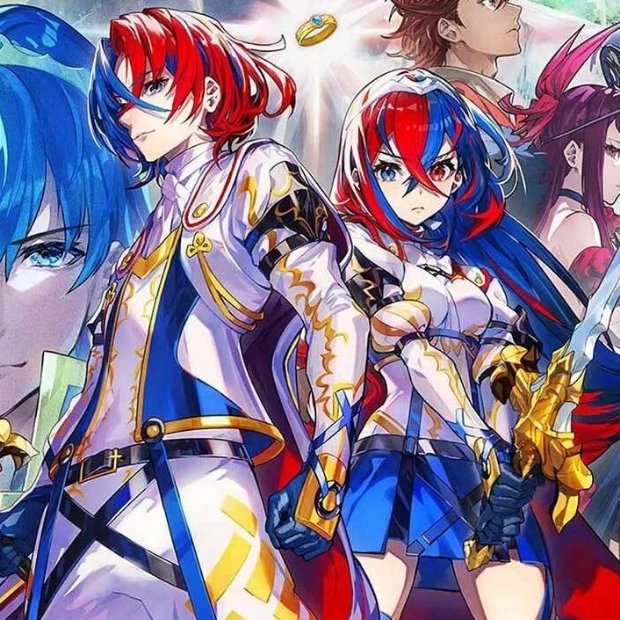Pau Torres collects the ball in front of the Holte End, a section of the stadium that in 2016 witnessed a banner proclaiming: “No fight, no pride, no effort, no hope.” He passes the ball over the halfway line, a spot where Tony Xia once stood as the new Aston Villa chairman, promising to construct a theme park. In the dugout, Unai Emery leans forward with anticipation, just a few yards away from where, six years ago to the day, an irate fan hurled a cabbage at Steve Bruce.
As Jhon Durán’s speculative shot grazes the back of the net, causing a surge of excitement among the crowd, one can't help but wonder: was it all worth it? The indignities, the periods of irrelevance, the 11,000-strong crowd against Middlesbrough in the League Cup, the home loss to Stevenage, the tenures of Remi Garde and Roberto Di Matteo? A one-nil victory against Bayern Munich. History doesn’t repeat itself, but it often echoes. Gary Shaw may not be here, but Dennis Mortimer and Peter Withe are embracing tightly, and there are grown men in the crowd with tears in their eyes, while Durán simply smiles and nods, as if to say, “I told you so.”
This is a place that has spent decades trying, and mostly failing, to shake off its ghosts. The past is omnipresent here, visible in the weathered murals, the grainy photos, and the famous Brian Moore commentary plastered on the Doug Ellis Stand. Even the red brick structure itself, reminiscent of a Victorian sherbet factory, seems to carry the weight of history.
Perhaps it was inevitable that Villa Park’s first taste of the Champions League would be laden with a sense of history. Not just the obvious parallels with 1982, but also the more recent past—the long, often ignominious journey Aston Villa has taken to reach this point. Relegations and promotions, five managers in 20 months, being turned down by Rickie Lambert. A night to feel a bit dazed and concussed by the sheer pace of progress, the decades of despair seemingly swept away in an instant.
But there is always a danger here too. The danger of playing the occasion rather than the opponent, of being haunted by the spectre rather than the flesh. Is second in last season’s Bundesliga really a significant step up from fourth in the Premier League? Is Kim Min-jae truly that much better than Pau Torres, is Manuel Neuer a huge upgrade on Emi Martínez, is Harry Kane in a different league to Ollie Watkins? In simpler terms: do you play like the team fulfilling a long-held dream, or the team that genuinely belongs at this level?
Twenty minutes into the game, it felt like we had our answer. Bayern had 73% possession and dominated the territory. Villa were watchful, disciplined, and overly respectful. But Torres’s early strike—though disallowed for offside—seemed to shift something into place. Shortly after, Morgan Rogers broke through at pace. Amadou Onana had a shot. Jaden Philogene scythed into Alphonso Davies, having maintained a respectful distance for the first quarter of the game. Youri Tielemans spun Joshua Kimmich around as if disappearing through a trick door. Suddenly, Villa seemed to recall that this was the team that blew last season’s Bundesliga, managed by the guy who lost here with Burnley last season.
For players like Rogers and Philogene, and Jacob Ramsey before he was injured, this is the kind of history that matters. Unlike the thousands in the stands, Villa’s young English contingent are not scarred by the past, not naturally wary or fatalistic. Does Philogene even recognize 1982 as a year that happened? Not based on this evidence, a whirlwind Champions League debut that belies the 43 minutes of football he has played this season and the fact that he was playing for Hull City just a few months ago.
Rogers was virtually unplayable, a whirling machete of a player, darting through clouds of Bayern shirts and somehow emerging with the ball still at his feet. In between, there were still long spells of Bayern possession, lots of pressure, a few half-chances, but until the last few minutes, nothing truly frightening. Kane drifted in and out, omnipresent yet somehow entirely ephemeral, like the plot in a Claire Denis movie. Villa were able to break with pace and numbers. Finally, the exhausted Watkins made way for Durán, and everyone knows what happens when that happens.
Time for a new chapter. This is a club with a rich and beautiful history, but right now, history is not the most intriguing aspect. Perhaps it was fitting that this victory was largely crafted by the new generation, the players who can show this club where it is heading, the young men who can shape its future. On a night when Villa celebrated its past, they somehow ended up turning the clock forward.
